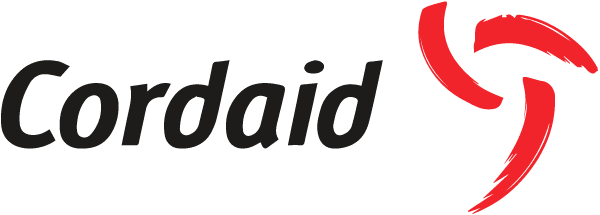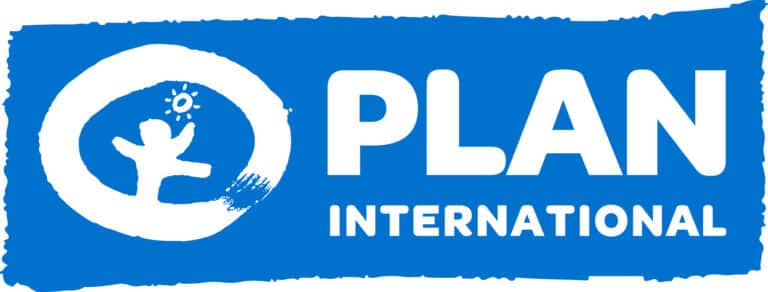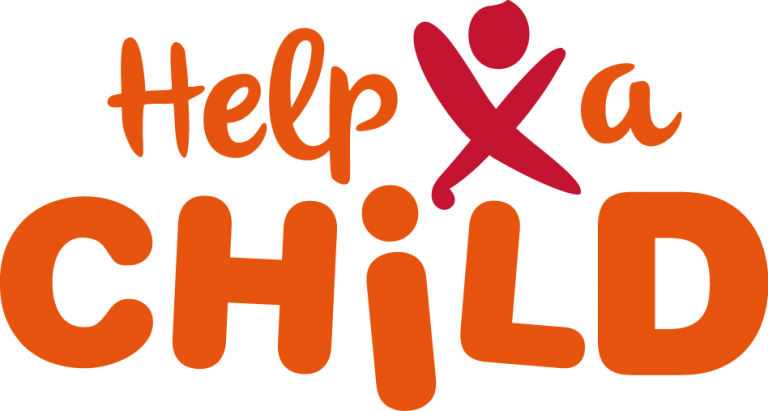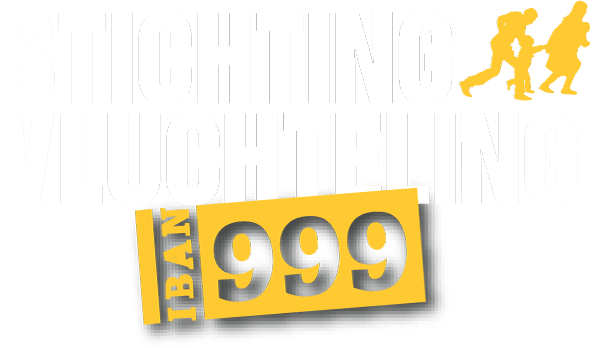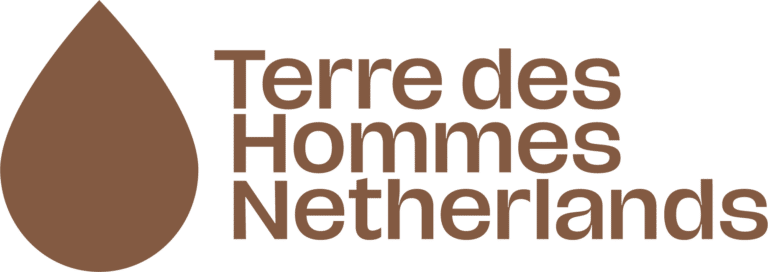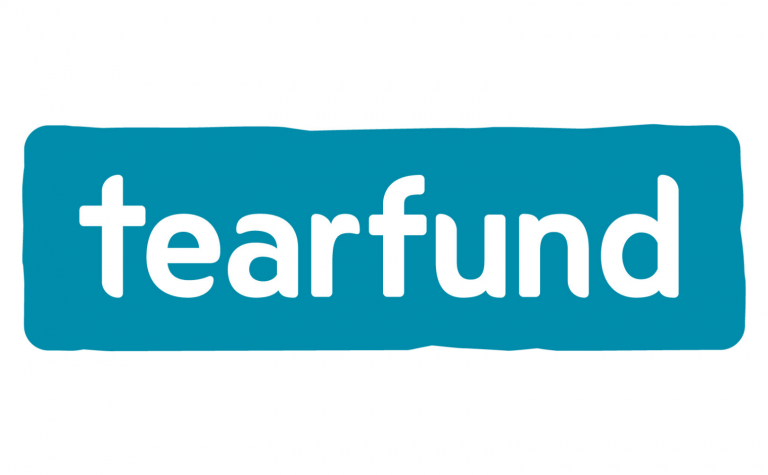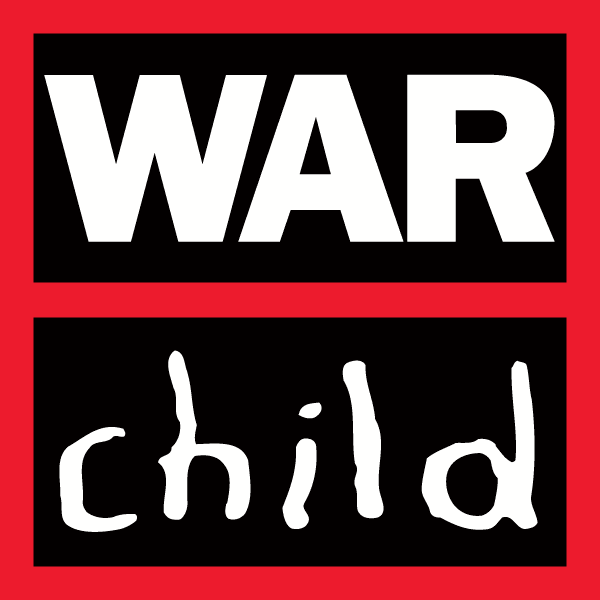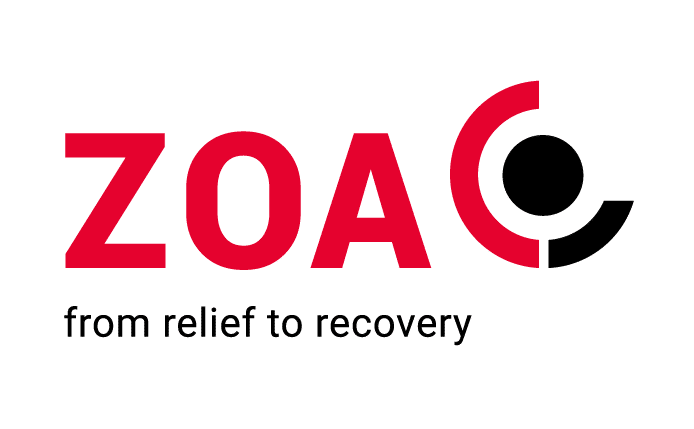LOCALISATION
The Dutch Relief Alliance defines localisation as a process in which local actors are assigned a prominent role and stronger leadership in humanitarian assistance. Localisation contributes to more equitable partnerships between
local and international actors. This in turn can increase the impact of humanitarian assistance, address power imbalances within the humanitarian system and promote sustainability and exit strategies. For example, localisation can improve effectiveness by leveraging local knowledge, context awareness and connections with communities. The alliance focuses on local actors who adhere to humanitarian principles and have the appropriate capacities: i.e. the relevant skills, resources and room in which to operate. These actors can not only save lives during the initial intervention, but also sustain recovery and risk reduction efforts long after international responders have left the region.
LOCALISATION STRATEGY
The Dutch Relief Alliance made a strong commitment in its 2018-2021 strategy to the localisation of humanitarian assistance. Among other things, we pledged to increase funding for local actors, allocate budgets to the strengthening of local capacity and promote local perspectives in international humanitarian settings. We have made some major strides in this area – as reflected, for example, in the substantial increase in funding made available to our local partners. By year-end 2021, we reached the Grand Bargain target of 25%.
In its 2022-2026 strategy, the alliance shifted its focus from localised programming to localised leadership. In addition, we started on the development of a new framework for equitable partnerships in humanitarian aid. This network has a strong emphasis on complementarity, mutual respect and shared risks and benefits. It can also be used to broker collaborations between diverse actors and networks at the community, local and national levels. The alliance works to increase the quantity and quality of local funding by piloting new direct and flexible funding models within joint responses and increasing local actors’ say on the allocation of budgets. Through this focus, it hopes to strengthen local leadership and facilitate a more central role for national and local actors in humanitarian coordination.
LOCAL ADVISORY GROUP
To ensure that local perspectives, experiences and voices are duly taken into account, the Dutch Relief Alliance has set up an advisory group made up of representatives of local partners. This Local Advisory Group advises and supports us during the development of policy and joint responses and provides input during broader processes like the alliance’s long-term strategy development. Initially established as a counterpart to the Dutch Relief Alliance’s localisation working group, the Local Advisory Group now plays a prominent role in many of its activities. It advises on the further strengthening of local partners’ role in the alliance structure, for example, or mechanisms that promote decentralised decision making and co-leadership.
The group includes one representative from each of the eight countries where we are implementing a protracted joint response. During the meetings, they both share local experiences and work to develop more locally led responses.
THREE EXAMPLES
1. In the alliance’s joint response in Nigeria, 34% of the budget goes directly to local partners. In addition, a capacity building fund has been made available to Nigerian partners that they can use at their discretion to organise security. See more here.
2. In 2020, the Dutch Relief Alliance initiated a pilot programme geared towards expanding its thinking about collaboration and cooperation between members. In Somalia, a locally led platform of nine Somali NGOs called the Nexus Platform leveraged the diversity of its alliance to develop intervention strategies that traverse the boundaries of development, humanitarian and peace building programming. Read more about the Nexus Platform here.
3. Working in collaboration with the Response Innovation Lab, the Dutch Relief Alliance’s Innovation Working Group launched a call for local humanitarian innovations in Uganda. This initiative was intended to identify opportunities and barriers for local innovation and collect the relevant best practices and learning. The call was explicitly designed as a flexible process: over the course of the programme, its facilitation budget was adjusted in response to feedback from local and international stakeholders and the changing context of Covid-19. Local and national stakeholders praised the initiative’s emphasis on local ownership and welcomed its consultative approach, which allowed them to connect with other relevant actors within the existing humanitarian ecosystem.


